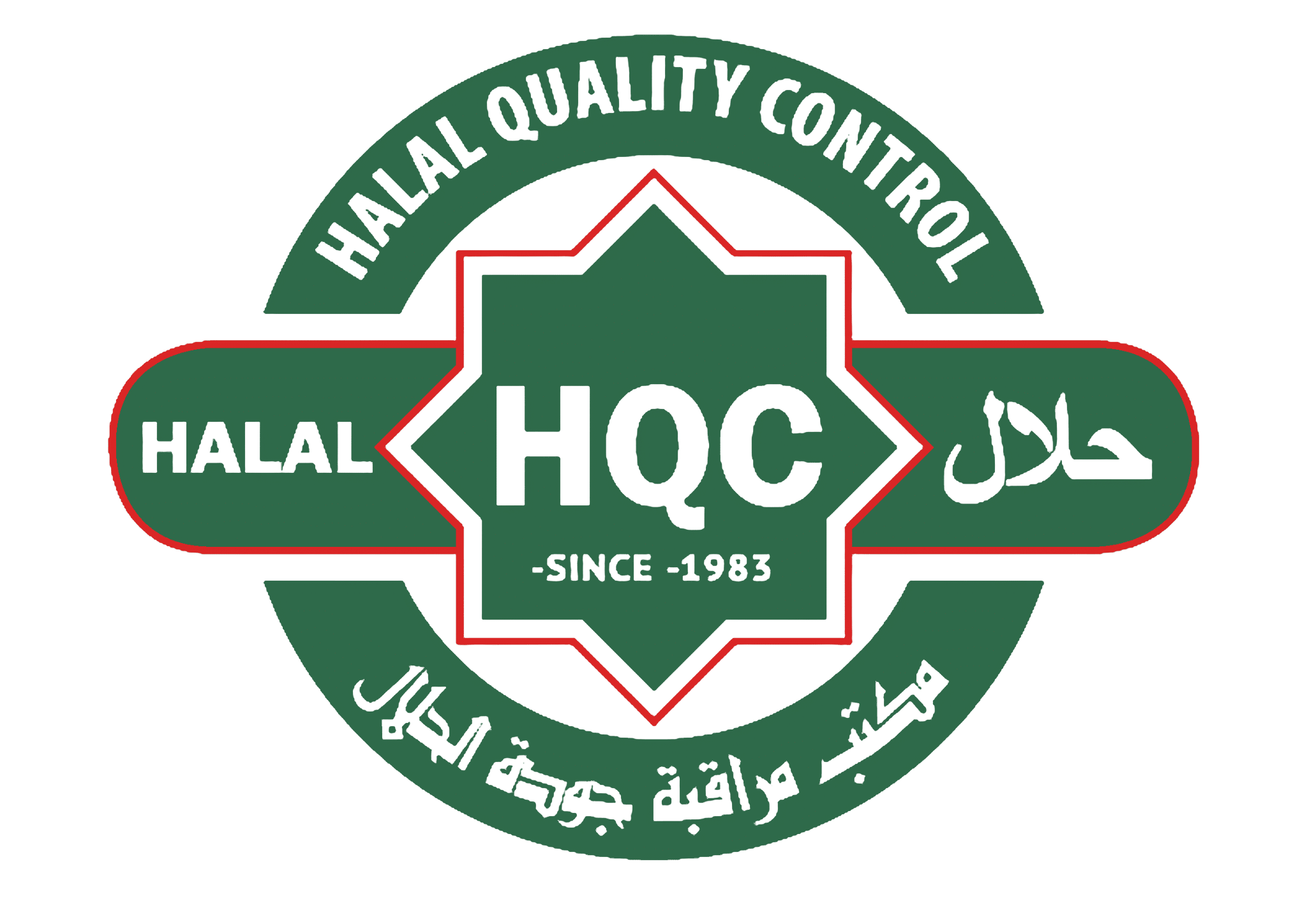The Basics.
Halal is an Arabic term meaning “permissible” or “lawful,” and it extends far beyond food.
In the Islamic context, it encompasses everything that’s allowable, including food, finances, banking, tourism, clothing, and more.
The principles of Halal guide the lives of Muslims in various aspects, aligning with the ethical and moral standards of their faith.
Origins.
Tracing back to the time of Prophet Muhammad (Peace be upon Him), the principles of Halal form an essential part of Islamic dietary and lifestyle laws, based on teachings in the Quran (the Holy Book of Islam), Hadith (collection of sayings, actions, and approvals of the Prophet), and Islamic jurisprudence.
Halal Beyond Foods.
Halal extends into areas like banking, finance, clothing, and tourism, following the principles of ethical business practices and Shariah-compliant financial transactions.
The Halal industry’s growth reflects a demand for products and services that align with Islamic teachings, from Halal-certified foods to Islamic banking.
A Critical Supply Chain.
Halal is not only about slaughtering animals according to Islamic law; it also includes everything that happens afterward.
Every stage of the supply chain, from processing to packaging to distribution, must adhere to Halal principles.
This ensures that the entire process maintains the purity and integrity of the products.
An Important Identity.
Halal is not just a dietary guideline but a core aspect of Muslim identity. It signifies a connection to faith, culture, and community, reflecting a holistic lifestyle that aligns with Islamic values. The adherence to Halal principles transcends daily routines, influencing choices, behavior, and overall way of life.
References.
The Quran, the holy book of Islam, contains several verses that explicitly define what is Halal and what is Haram (forbidden). For example, Surah Al-Baqarah (2:173), Surah Al-Ma’idah (5:3), and others detail the guidelines for permissible food, including the proper slaughtering of animals and avoidance of pork and alcohol.
Why Eating Halal is Mandatory for Muslims.
For Muslims, eating Halal is not merely a choice but a mandatory aspect of faith. It reflects a spiritual discipline that goes beyond dietary preferences, symbolizing a commitment to purity and ethical living. The choices of what to consume become a reflection of obedience to the Creator and respect for oneself and the environment.
Halal in Modern Times.
Halal foods and beverages remain popular in the modern era, appealing to a broad audience.
The growth of the global Halal market signifies a movement towards quality, ethics, and community values that resonate with both Muslims and non-Muslims.
In Conclusion.
Halal is a multifaceted concept, deeply rooted in Islamic tradition, yet continually evolving to meet the demands of modern society.
From food to finance to fashion, it offers a comprehensive, ethical approach to life, benefiting both consumers and businesses.
The principles of Halal connect people to their faith, enrich the global economy, and promote a shared commitment to quality, integrity, and community values.
By including these sections, you’ll provide a thorough overview of Halal, touching on its various dimensions, historical origins, and contemporary relevance.
It will help visitors to your website gain a nuanced understanding of Halal and its significance in different aspects of life.
